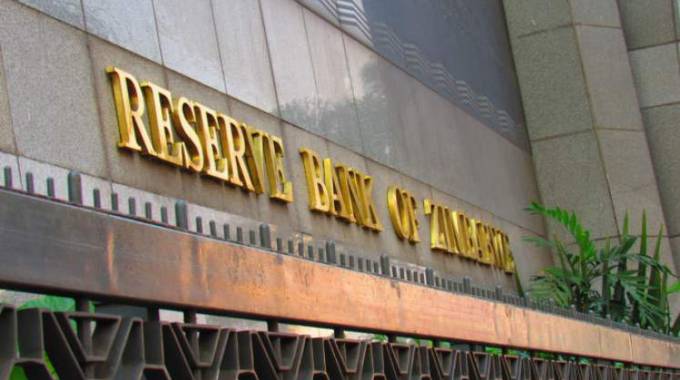
The Sunday Mail

Debra Matabvu
THE Reserve Bank of Zimbabwe (RBZ) is finalising the establishment of a platform that facilitates person-to-person transactions using digital gold tokens, a development expected to largely reduce demand for United States dollars in the economy and help stabilise the local currency.
The platform is scheduled to go live in the next two weeks.
Holders of digital gold tokens will have to open “gold token” bank accounts with commercial banks, through which their digital gold assets will be converted into monetary value benchmarked in United States dollars for transacting.
One will then be able to transact using a bank-issued debit card or electronic wallet loaded with the converted monetary value of the gold tokens held in their accounts.
The gold tokens will add to the mix of multiple currencies that are legal tender in Zimbabwe.
Monetary authorities believe that facilitating transactions through the gold-backed assets will cut back demand for foreign currency, which was believed to have been behind the volatility of the Zimdollar.
RBZ Governor Dr John Mangudya, however, told The Sunday Mail that the digital gold tokens were “not a currency”.
The central bank has already sold 313,9 kilogrammes of the digital gold tokens, sterilising more than $42 billion in excess liquidity from the market.
“The second phase of the roll-out of the digital gold tokens, which will enable transacting using the digital gold-backed tokens, will start this month, and we are currently testing the system before the launch,” said Dr Mangudya.
“This is not a currency, but the tokens have value linked to the London Bullion Market Association.”
To transact using the tokens, he said, one needs to open a “gold account” at a commercial bank.
“For transaction purposes, one will need to have a gold account with a commercial bank — the same way one has a US dollar account or local currency account.
“The gold-backed tokens are being sold in milligrammes; and we are saying one milligramme is equivalent to US6 cents.
“So, for transacting purposes, the number of milligrammes will be multiplied by the value of the gold on the day of transacting.
“This means the digital gold coins will be used both as a means of payment and store of value.”
Dr Mangudya said the digital gold tokens will be held in either e-gold wallets or e-gold cards and will be used for facilitating person-to-person transactions and person-to-business transactions.
Roll-out of the second phase of the tokens for purposes of transacting will see Zimbabwe joining a long list of countries adopting central bank digital currencies.
African states like Nigeria, Ghana and South Africa have introduced digital currencies, while several others have similar plans in the works.
Experts say the assets have inherent value that is tied to the market value of gold.
Launch of the assets will add to a cocktail of measures the monetary authorities have introduced in recent weeks to support the Zimbabwe dollar.
The RBZ, for example, has begun selling foreign currency on the interbank market through commercial banks to ensure that the interbank forex market becomes the primary source for foreign currency in the country.
Economist and a member of the RBZ Monetary Policy Committee (MPC), Mr Persistence Gwanyanya, said the measures were expected to start yielding positive results soon.
“We expect the measures to have positive results over the next few weeks,” he said.
“The RBZ conducted its first wholesale auction recently and we realised some of the companies were not prepared, therefore, we expect that it will be different next time.
“We expect to start seeing the availability of foreign currency and improvement over the next few weeks, and the RBZ is capable and ready to provide the foreign currency.”



